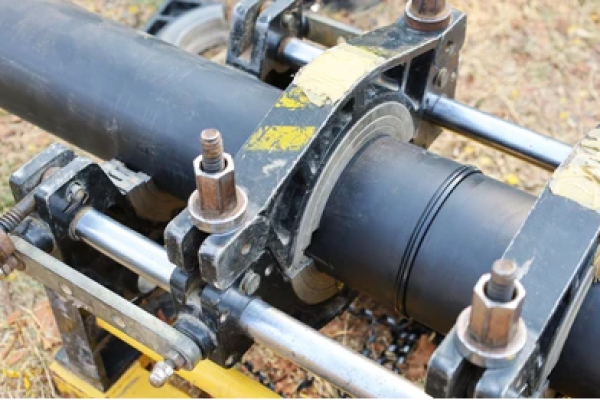
Step-by-Step HDPE Pipe Installation Process for UAE Projects
If you’re working on a construction or utility project in the UAE, you’ve probably come across HDPE pipes. HDPE pipes are tough and flexible and they are built to last, especially in the kind of climate the UAE has.
But here’s the thing: even the best pipes won’t work properly if they’re not installed the right way. So, here is an installation guide about HDPE that discusses how HDPE pipe installation in the UAE is usually done.
1. Start with Planning
Before anything, get your layout ready. Know where the pipes will go, how deep they need to be buried, and what the ground conditions are like. In the UAE, you will often deal with dry, sandy soil, so keep that in mind.
Make sure you have the right equipment and trained people to handle the installation. If you’re using a method like fusion welding, it’s important to have professionals who know what they’re doing.
2. Dig the Trench
This is where the pipe will sit, so it needs to be done carefully. The trench should be wide and deep enough to hold the pipe safely. The bottom should be smooth and clear of rocks or anything sharp.
In most UAE projects, it’s common to add a layer of soft sand at the bottom. This helps cushion the pipe and prevent damage.
3. Lay the Pipe
Once the trench is ready, you can place the pipes. Be gentle here. Don’t drop or drag them into place. If the pipe is large, you might need some lifting equipment.
Leave enough space between each pipe so you can easily join them later. Clean the pipe ends if needed because dust and dirt can cause problems when joining.
4. Join the Pipes
There are two main ways to connect HDPE pipes:
- Butt fusion: Heat the ends of the pipe, then press them together until they cool and form one solid piece.
- Electrofusion: Use a special fitting that heats up and melts the pipe ends together.
Both methods are common in HDPE pipe installation in the UAE, especially on larger jobs. Whichever one you use, the joint needs to be clean and done properly. This part is really important for long-term performance.
5. Cover It Up (Backfilling)
Now it’s time to fill the trench back in. Start with soft material around the pipe so it’s protected. Then add the rest of the soil on top. Make sure to compact it gently, layer by layer, so everything stays in place.
This step helps avoid future issues like sinking or shifting.
6. Test Everything
Before putting the system into use, do a pressure test to make sure there are no leaks and everything is solid. This is your chance to catch problems early.
Final Thoughts
There are plenty of experienced HDPE pipe installers in Dubai who know the process inside out. If you’re unsure, it is always smart to ask for help or follow a trusted HDPE pipe installation company.
You may have a small-scale job or a big infrastructure project, but getting the basics of HDPE pipe installation in the UAE right will make your system last longer and work better.

